Located in Chráštany on the western fringes of Prague is the headquarters of the Vafo Group. Established in 1994, the family-owned company celebrates its 30th anniversary this year. In the last few years in particular, it has attained an impressive rate of expansion that is scarcely matched within the pet supplies sector. The Vafo Group employs over 800 staff in seven European countries, producing more than 200 000 tonnes of pet food annually and achieving sales in excess of 450 mio euros.
Brit, Carnilove, Hau-Hau Champion and Pooch & Mutt are the most well-known of the Vafo Group brands, along with Christopherus, Planet Pet Society, Sam’s Field, Canvit, Profine, Prima Dog and Prima Cat. These account for 75 per cent of stock turnover, with the other 25 per cent derived from private label products of international customers. The focus is on dog and cat food, but the range also includes food supplements and a comparatively small line of food for small animals. The latter is manufactured in Velky Ratmírov, roughly 150 km away from the company’s head office in Chráštany.
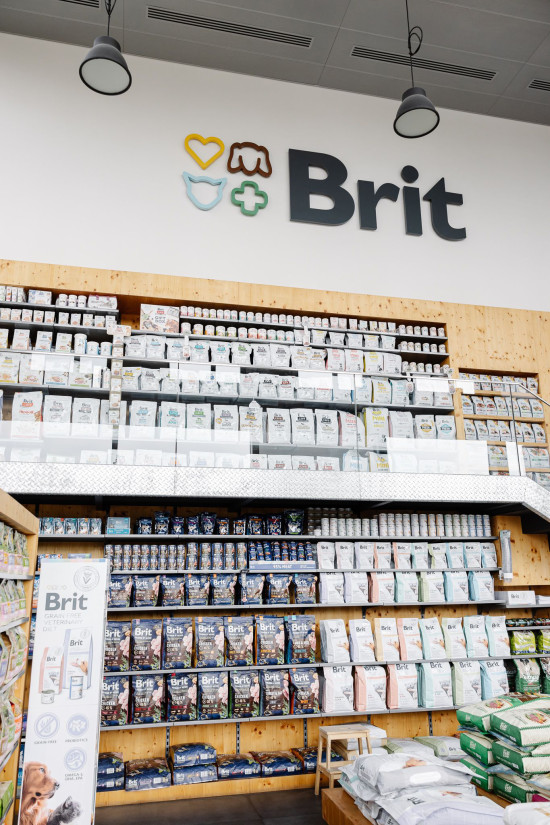
All the products sold are produced in the company’s own plants, something the Czechs are especially proud of. There are eight production facilities for dry and moist food, treats, chews and food supplements located in seven European countries. With the acquisition of Pooch & Mutt in England (2023), Carry Pet Food in Poland (2020) and Allco in Germany (2018), Vafo has also brought other competent firms on board. The group additionally includes the subsidiaries Prima Pet Premium in Finland, Vafo Sverige and Lupus Foder in Sweden, and Pandivere in Estonia. Referring to Allco, Vafo CEO Jakub Majer states pertinently that “a company cannot be a European company if it isn’t in the German market”.
Modern manufacturing
Vafo takes particular pride in its own newly constructed production plants, of which there are five in the Czech Republic and one in Finland. Two further facilities in Estonia (freeze-dried treats) and Poland (chew products) were acquired as existing units and modified to suit the company’s requirements. One factor common to all the newly built factories is the chosen location; Vafo placed emphasis on achieving the shortest possible routes for raw materials procurement, which is a key tenet of its corporate sustainability policy.
This is the case, for example, in Cícenice in South Bohemia, halfway between Prague and the Austrian city of Linz. At the plant, which opened in 2020, 90 employees work a three-shift system producing dry food containing up to 70 per cent fresh meat. As with all the other agriculturally derived ingredients, the meat comes from regional suppliers. It is delivered frozen in blocks, comminuted in large shredders and processed into a liquid premix with the other ingredients. The mass is then turned into dry food kibbles, which are dried over open flames and carried on vibrating conveyors to remove dust and fragments. Additives are then infused into the kibbles in a vacuum, which ensures deep penetration, before the products are distributed to a number of lines for filling three different pack sizes after being cooled from 130 to 20°C. The resultant waste heat is used to heat the offices.
The fresh meat processing is a source of pride here, with up to 80 000 tonnes per year being produced on two lines at a site covering around 15 000 m². The plant is designed, however, to handle a capacity of up to 120 000 tonnes annually. Sales manager Alexandr Čerepkin adds that the fully rebuilt facility offers enough room for a third production line. The facility will also be equipped with a photovoltaic installation in the course of the year, with similar installations to follow at other plants in the pursuit of sustainability. Dry food residues from production are used to a large extent by farms in the region as livestock feed.
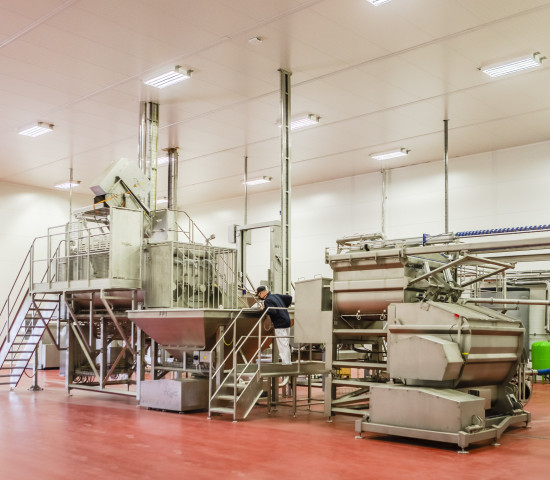
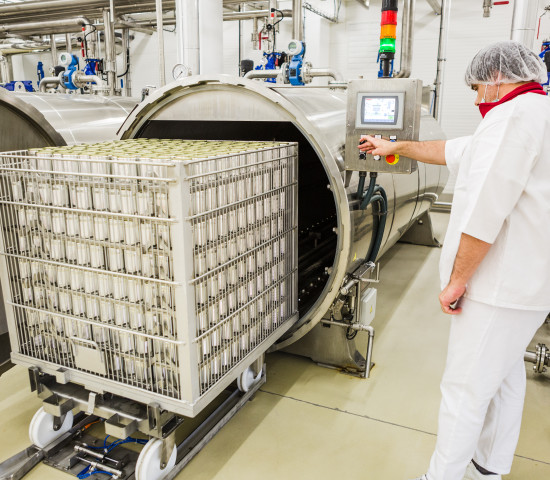
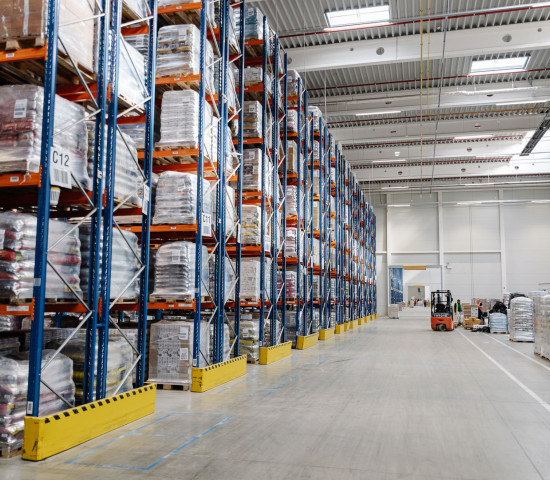
A few kilometres to the northeast, in Chotoviny, is the moist food plant, which opened in 2018. The monthly production capacity here is 2 000 tonnes in the form of 400g cans and 85g pouches. Deep-frozen block material is also processed here, with various types of meat being mixed in some cases, provided with additives and with liquid added in the final stage. Once the cans and pouches have been filled, they enter the autoclaves at 3 bar pressure and 130°C before being packed on three lines. Even the tin cans are provided by Czech suppliers, while the pouches come primarily from an Italian subcontractor, says CEO Jakub Majer. He adds that all products spend 14 days in quarantine while samples are tested for durability in a warm chamber. Microbiological analyses are also conducted by the state veterinary laboratory.
Vafo operates three equally modern logistics hubs in the Czech Republic. The newest and biggest of these is in Rudná u Prahy, not many kilometres from the head office. Covering 24 000 m², it was constructed in 2018 and leased by Vafo. This is where the company’s own brands are stored and handled in 50 000 pallet spaces. Milan Brože is in charge here, and up to 10 000 pallets per week exit the 29 gates of the warehouse over three shifts, 24 hours a day, seven days a week. In spite of the facility’s size, regional dealers can collect small orders here themselves. “1 500 different products are permanently available for delivery,” says Vafo. The second logistics hub is in Přehýšov, west of Pilsen and close to the German border beside the well-frequented motorway between Nuremberg and Prague. The site is 21 000 m² in size and accommodates Vafo’s own brands together with private label products. The smallest of the three warehouses, comprising 900 m², is located in Prague and caters to online retailers in particular. Vafo does not offer dropshipping.
Commitment to sustainability
Vafo has made a commitment to sustainability and aims to play a pioneering role in the sector in this respect. “This includes consistently reducing our environmental footprint,” states marketing manager Tereza Alvarez Sone. For her, sustainability is a subject close to her heart. The company’s plan is that by 2025, 95 per cent of the packaging used must be recyclable. The use of sustainable raw materials is also being promoted and at least 25 per cent of the energy used derives from sustainable sources. Vafo is considered a European market leader in the use of alternative proteins from insects and plants, too.
Just last October, the company unveiled its Planet Pet Society brand, which uses unutilised raw ingredients from the food industry for its products. A portion of the turnover from sales of the new food goes to a project to restore seagrass beds in the Baltic. The ingredients are high-grade foodstuffs derived from the processing of meat, fruit and vegetables and are rich in nutrients. They include meat offal from primary production such as organs (liver, kidneys, windpipes), cartilage and fish skin. Dehydrated apple peel from local fruit presses and vegetable mush are also ideal ingredients containing a host of vitamins and minerals. “Upcycling offers a new perspective when selecting high-quality, nutrient-rich ingredients with a smaller impact on the planet. They are perfect for satisfying the natural nutrient requirement of dogs and cats with a main constituent of animal protein while at the same time being kind to the environment,” says Karolína Čápová, head of product. She adds: “Vafo is continuing down the road to becoming a fully sustainable company, producing pet food with the utmost respect for nature and ecology.” The company’s own top brand Brit Care with a new recipe containing insect protein and the likewise new Christopherus Vegetarian in particular are part of this strategy.

 Menü
Menü

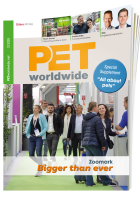



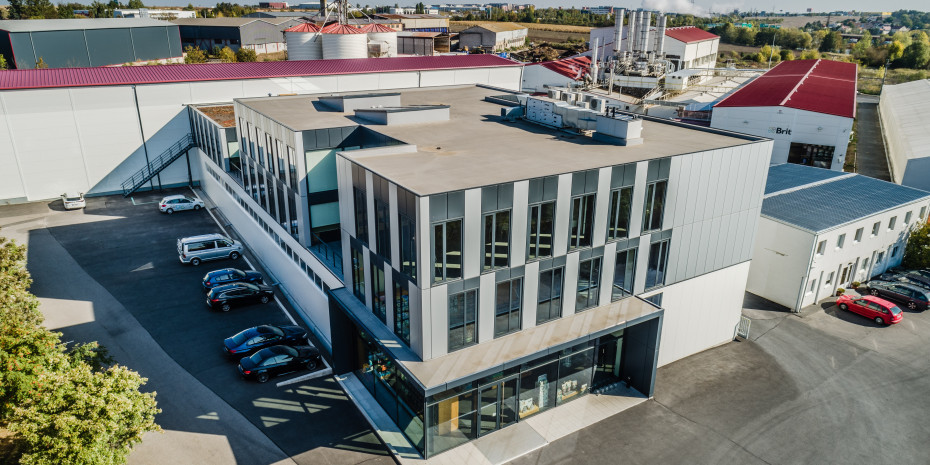


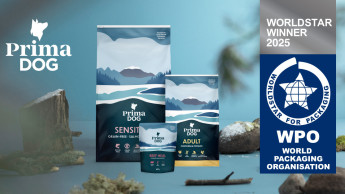
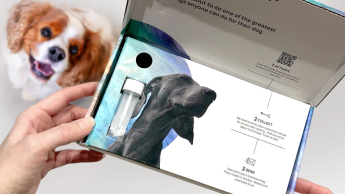
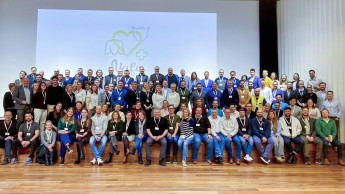
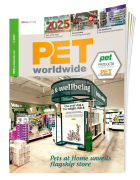




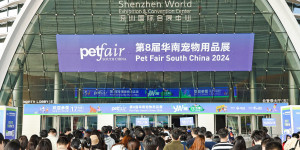

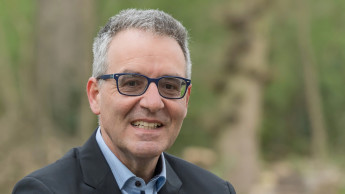

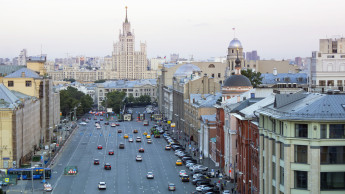
 Newsletter
Newsletter